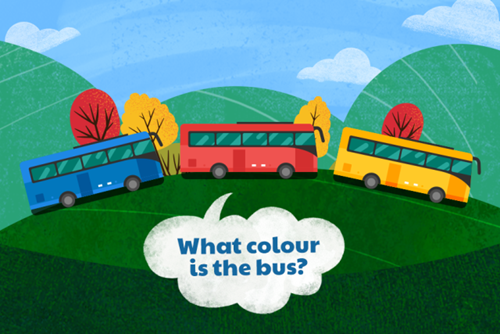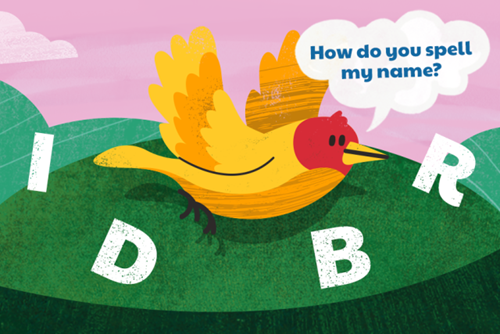Your baby might start to get ‘on the move’ towards the end of their first year. This may be crawling, standing or moving on to taking wobbly first steps. The range of when is ‘normal’ for becoming a confident walker is big. Some children be walking a lot earlier than others. Your baby will be making progress in their own time.
As well as physical changes, their understanding of language and confidence to try more noises and words for themselves is growing too.
Toddlers have a lot of energy and interest in everything around them. They really want to try things independently. They can get frustrated when things don’t go as they want.
They will let you know when they are not happy and they can’t make themselves understood or do the things they want to. It can be hard work! But it is an important stage in their development.
Communication
As babies grow they continue to build on the communication skills learned in their first year. They start to understand more and will be growing in confidence at trying out different sounds.
Gross Motor Physical Development
Gross motor skills are the movements that use big muscle groups and your toddler may already be using these to get the balance and strength to get on the move.
This stage is all about developing confidence and strength. Give them plenty of chances to see what their body can do.
Fine Motor Physical Development
Fine Motor Skills use the small muscles in the hand and wrist. Over the next few months with practice your child might start to control their hand movements more.
Your toddler is now able to use their hands to manage lots of things independently. They will be getting good at feeding themselves and will be learning how to use cutlery too. You can help your child keep learning more about how they can use their hands.
Problem Solving Skills
Problem solving skills describes your toddler beginning to think about and understanding their world. They will already know a lot! They will love spending time with you and the other important people in their life. They will have got used to the routines of your family and will understand a lot of what you say to them.
Your little one won’t concentrate on one thing for long to begin with but will slowly be able to pay attention for longer.
Personal & Social Development
Personal and social development is your toddler learning more about themselves, their feelings, their likes and dislikes. They have learnt to feel confident that you will keep them safe and help with their wants and needs. This gives the confidence to try new things and meet new people. They may know how to charm you and other people to!
Your toddler might be getting very sure of what they do and do not like. They will find some feelings like frustration and being cross really hard to deal with. They will need help when they find it too much and they have a tantrum. They know they can come to you for comfort and will look at your for praise when they manage something new.
Everything is an adventure for your toddler. Give them lots of chances to share new experiences with you and others.
When things get too much and your little one is frustrated or having a tantrum stay close by, calm, kind and reassuring – having such big feelings is hard to cope with when you are little.
Parents who talk as they go about their daily activities expose their children to 1000 - 2000 words every hour!

Just chatting to your child is one of the best things you can do for their development!
Why not try talking to them about the things you see every day, like the colour of buses or cars?

When parents read to their children, they introduce them to a world of words, ideas, and stories.
It doesn’t have to be long, complicated books either. In fact, reading anything can help – the back of a cereal packet, an extract from a magazine or any words that happen to be around.
Firstly remember that each child will develop at their own pace.
If your child attends nursery or a registered childminder, talk to them about your worries – they will be able to work with you to build your child’s skills and advise on any next steps needed.
You can contact the Healthy Child Programme by calling Just One Number on 0300 300 0123 or texting Parentline on 07520 631590. Our opening hours are 8am-6pm Monday-Friday (excluding bank holidays) and 9am-1pm on Saturdays.
If you are 11-19 you can text ChatHealth on 07480 635060 for confidential advice from one of our team.
To speak to other Norfolk parents and carers, you can join our online community forum below.
Also in this section...